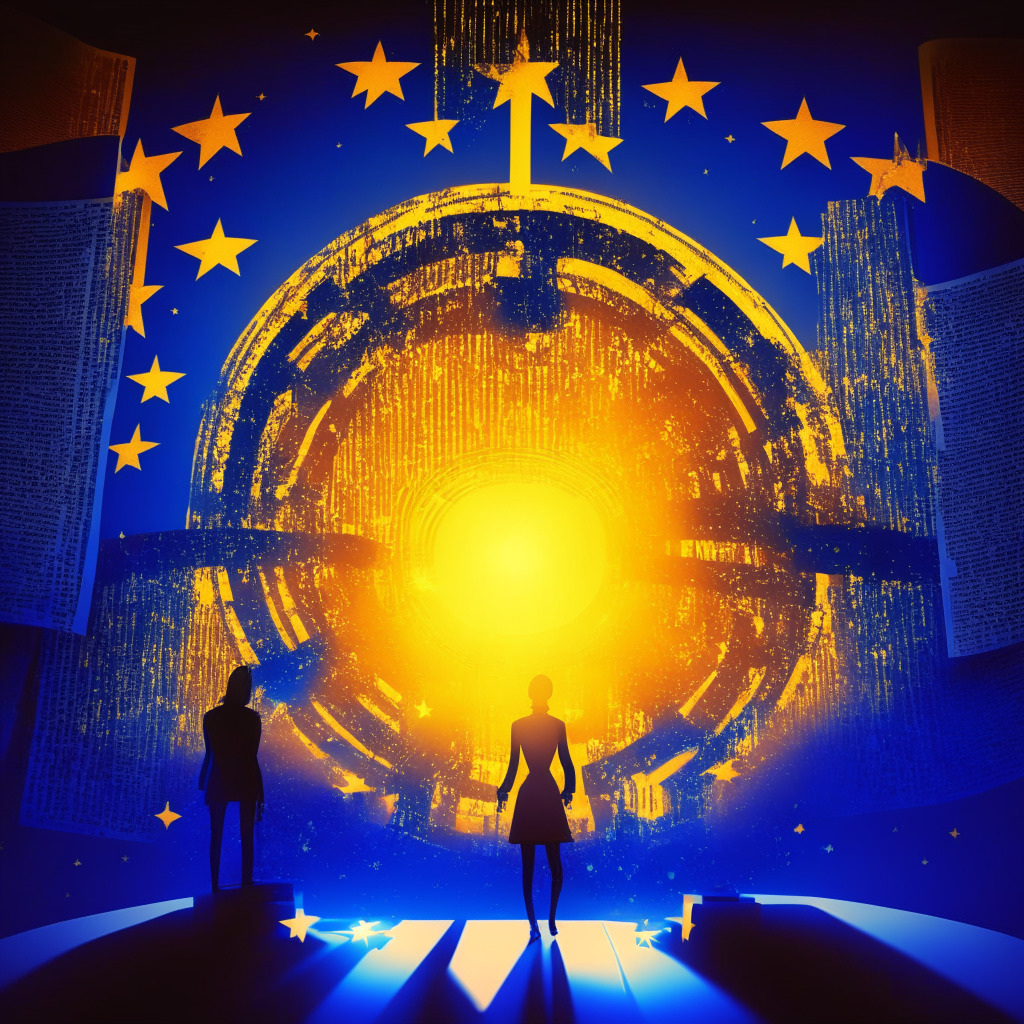ChatGPT, the popular AI chatbot, has once again been granted permission to operate in Italy after addressing privacy concerns raised by Garante, Italy’s data protection agency. Following a temporary ban on March 31 due to alleged GDPR violations, OpenAI CEO Sam Altman announced ChatGPT’s return to Italy on April 29. Many have greeted this news with enthusiasm, but it also sparks a debate over whether this triumph signifies the importance of adjusting to stricter AI regulations or if it’s merely a prelude to a broader crackdown.
While the specifics of the steps taken to address Garante’s transparency demands have not been revealed, ChatGPT needed to disclose its data processing practices and implement age-gating measures, among other legal requirements. Garante’s response was prompted by the data breach ChatGPT experienced on March 20. Although some initially worried that the ban might trigger an onslaught of AI regulations, ChatGPT’s swift compliance with local authorities is seen as a positive development by its global user base.
As European Union legislators work to classify AI tools by perceived risk levels, it remains uncertain how AI regulations may develop. The bill proposes to categorize tools ranging from minimal to unacceptable risk, with high-risk tools being subjected to stricter transparency requirements rather than an outright ban. This bill could potentially impact generative AI tools, like ChatGPT and Midjourney, by requiring them to disclose the usage of copyrighted materials in their AI training.
The main conflict arising from this news boils down to whether ChatGPT’s re-entrance into the Italian market is a victory indicating successful collaboration between industry and regulators or a warning sign of more AI regulations in the future.
On the one hand, the case demonstrates the efficacy of compliance and cooperation with governmental agencies, which is vital for continued growth and global expansion of AI applications. The ability of ChatGPT and other AI tools to adapt to new rules and regulations signifies a willingness to prioritize user privacy and data security.
However, on the other hand, stricter AI regulations could impede innovation and hinder the sector’s ability to evolve at the speed many enthusiasts believe is necessary for technological advancement. Overregulation may stymie creativity and collaboration in the AI industry, which could, in turn, limit the full potential of AI applications.
As the future unfolds and AI tools continue to make strides in technological development, finding the delicate balance between regulation and innovation will remain key to unlocking the potential these tools can offer. ChatGPT’s Italian re-entrance may symbolize the importance of AI tools working in tandem with regulatory bodies, but it also serves as a reminder that the AI industry is poised on the precipice of change, and how it navigates the path ahead will be crucial for the realization of the blockchain future.




